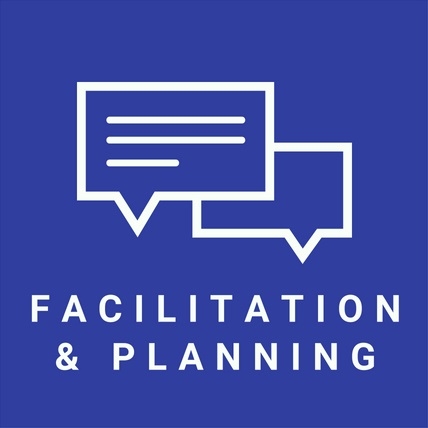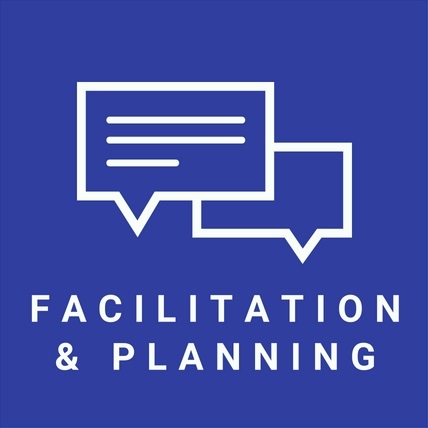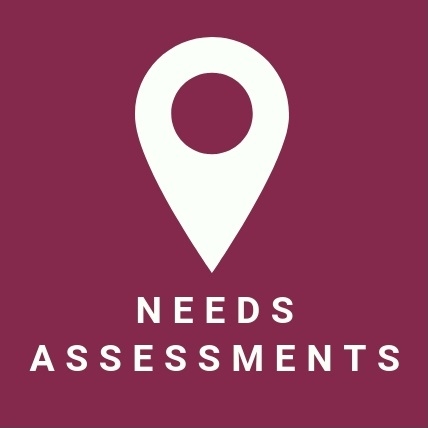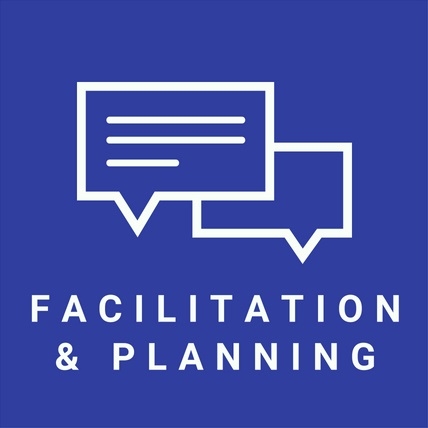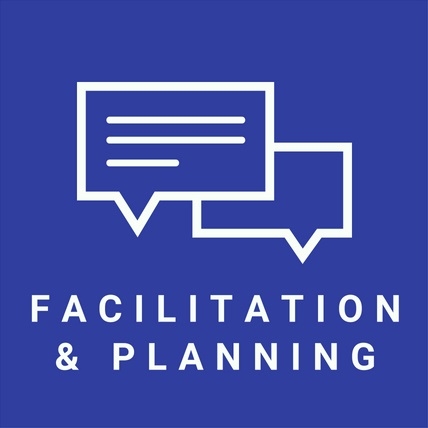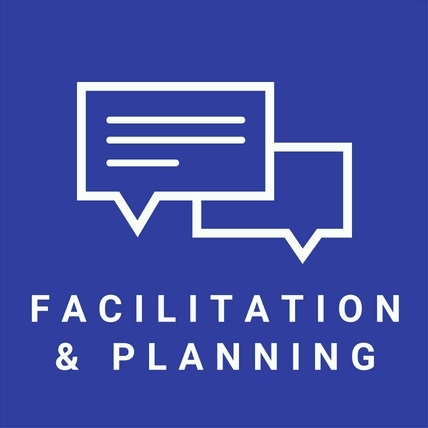Projects
CCBR typically has 15-20 ongoing projects and has completed over 450 projects since 1982. Each project is guided by our commitment to impacting social change in practical and powerful ways. We conduct research with people not on people, cultivating respect with communities at every step of the process.
Projects can be searched for using words from the project title or using the service area, theme, or date range for the project. You can also type 'Service Area' or 'Theme' into the search bar to get a list of options in each of these fields.
Projects
CCBR facilitated the development of a three-to-five-year strategic plan for the Kitchener-Waterloo YWCA by gathering community and stakeholder input. This strategic plan took effect in January 2013.
CCBR provided consultation for the University of Waterloo, Institutional Analysis and Planning in their strategic planning process.
CCBR, in conjunction with Renison University College, conducted a needs assessment to understand, from the perspectives of key stakeholders, the extent and nature of the need for a Master's program in community-based research for social development.
CCBR conducted an evaluation of the World Vision Canada’s Free Form Program. The purpose of the evaluation was to describe and understand the activities (processes) and short-term impacts (outcomes) of the program. The evaluation determined the extent to which the program was successful in building the organizational capacity of participating organizations and made recommendations.
CCBR started teaching the Community Engagement and Social Development course (ISS 450R/SOC 768) for Renison University College in 2010. It highlights the importance of community member participation in matters related to their well-being and methods to encourage community involvement. Students also learn about the role that effective leadership plays in creating and sustaining social innovation.
The purpose of this project was to conduct an evaluation of the Immigrant and Voice project in order to assess the progress that the project has made in achieving its desired outcomes. The evaluation involved designing data collection tools and building capacity of the project staff in using those tools. The evaluation was funded by Focus for Ethnic Women.
This project was a one-year pilot-phase of the Community Research Ethics Office (CREO) in Waterloo Region. CREO was tailored to meet the needs of individuals conducting community-based research (i.e. participatory action research, program evaluations, feasibility studies, needs assessments, gap analyses). The initiative was extremely exciting as it was the first office of its kind in Canada.
CCBR started teaching the Participatory Action Research course (ISS 450R/SOC 766) for Renison University College in 2010. The course provides a comprehensive overview of participatory action research as an approach that moves beyond knowledge production toward social action and change.
CCBR partnered with the Canadian Nurses Association (CNA) to develop a user-friendly resource package for international partners of the CNA. The resources provide guidance and specific tools to partner organizations to build their capacity for management, administration, and governance in ways that facilitate strategic planning and organizational sustainability.
This project focused on what the future should look like for immigrant settlement and integration efforts in Guelph-Wellington. It involved facilitating the development of a strategic plan that sought to address the identified needs and gaps and that would apply best practices and strengths identified in the previous phases. This project was funded by the City of Guelph.
CCBR was responsible for generating an overarching, mixed-methods evaluation of the EnHANCE project. This project was a leader in sustainable culture change and capacity building in inter-organizational partnerships and interprofessional collaborative practice. This evaluation was funded by the Ontario Ministry of Health.
CCBR provided facilitation to a new community of practice (CoP) in the area of acquired brain injury and community participation. The study was funded by the Ontario Neurotrauma Foundation.
